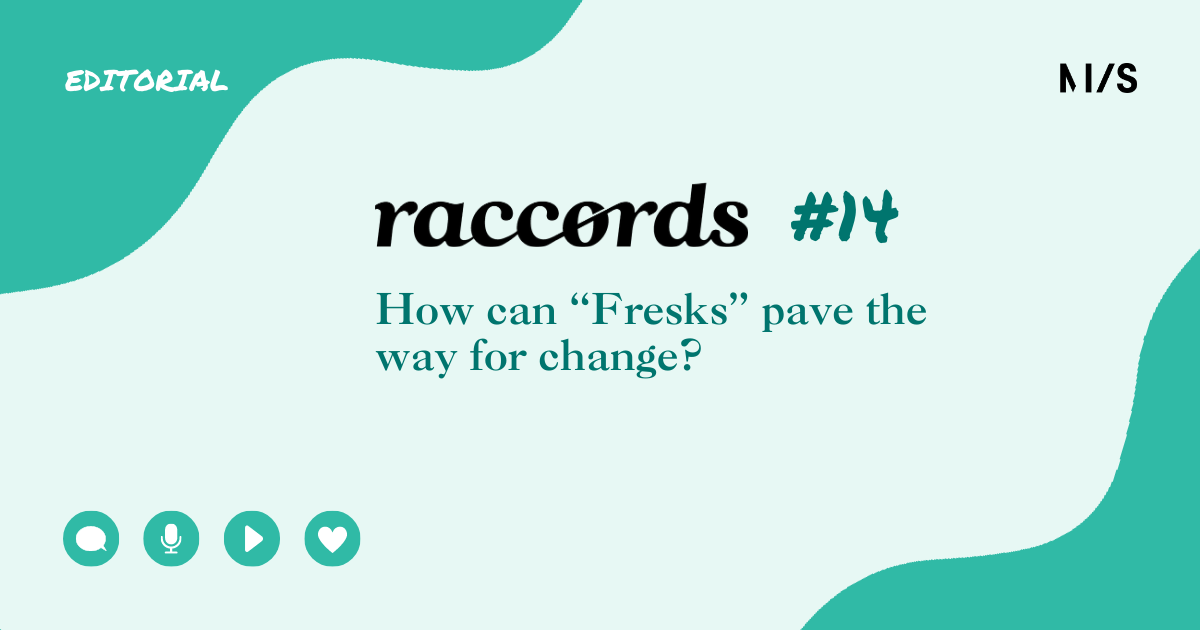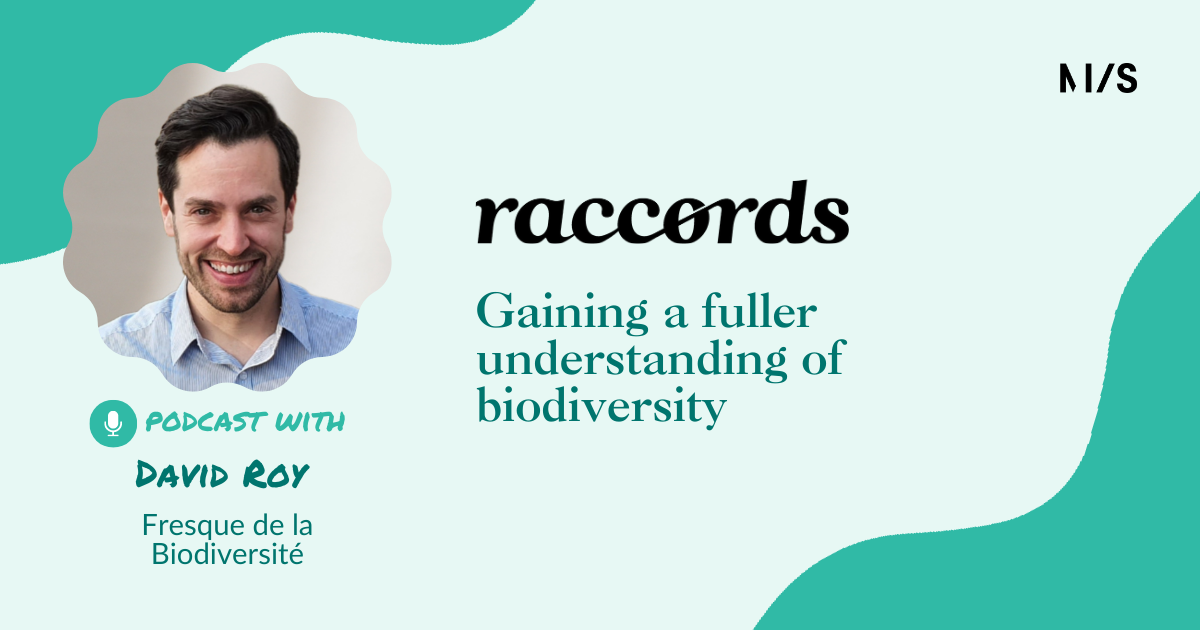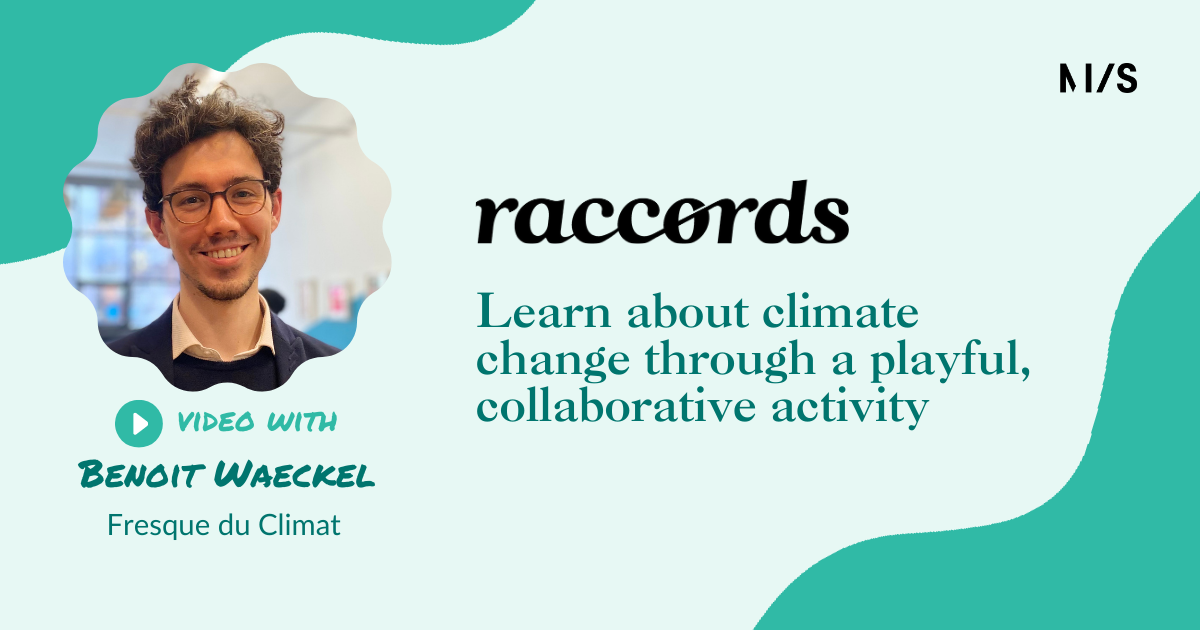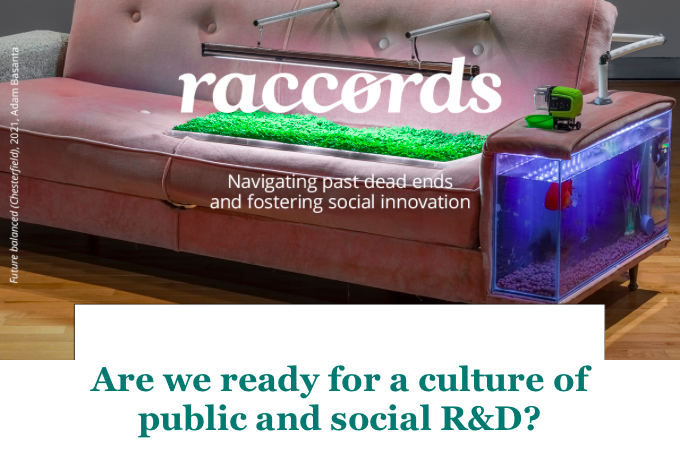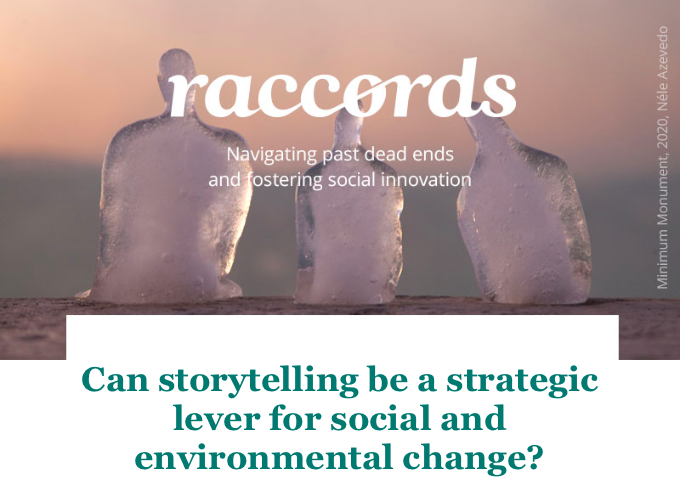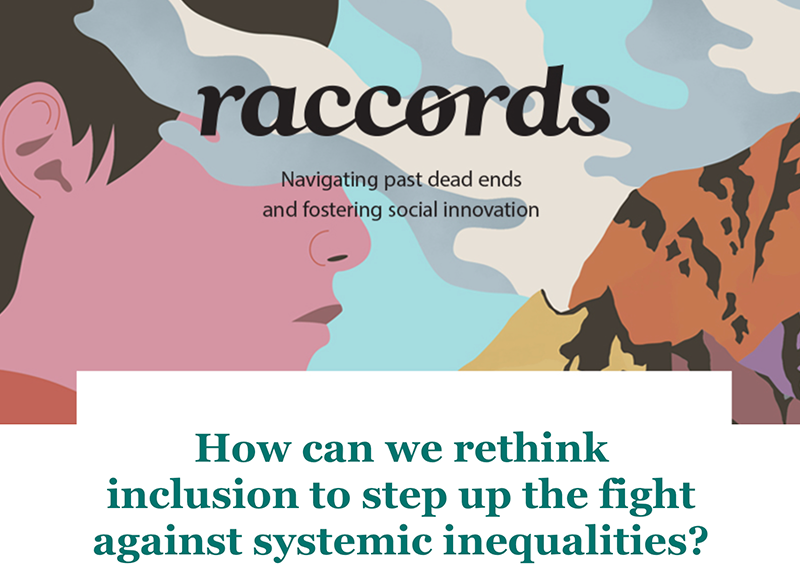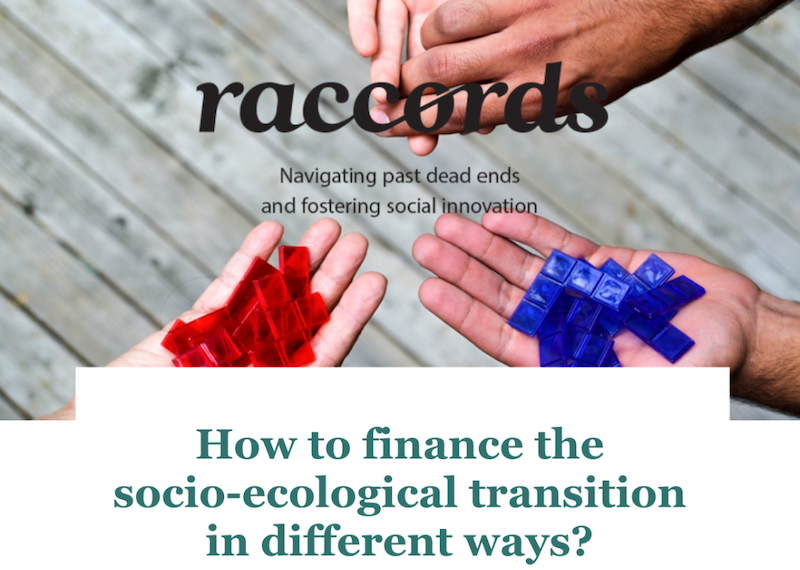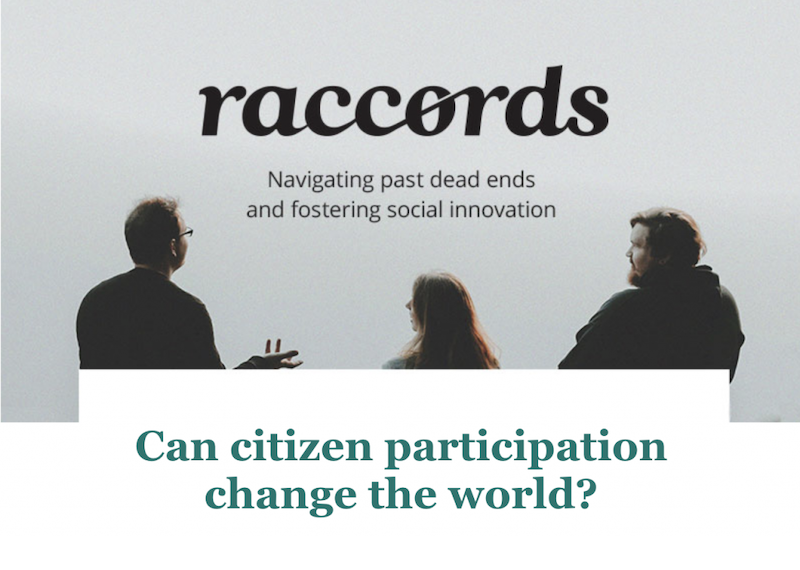#14, June 2023
THE LIST
Top picks from Raccords and our guests
The contributors to Issue #14 of Raccords—Laetitia Guibert, Benoit Waeckel, and David Roy and his “sister in Fresking,” Marie Ville—share their favourite resources for understanding climate systems and developing new narratives geared towards the socio-ecological transition.
Recommendations for action
- How to Talk About Climate Change in a Way That Makes a Difference by Rebecca Huntley
In this book, social-science researcher Rebecca Huntley addresses the social and psychological factors that shape both our responses to climate change and our motivation to take action. Our guest Laetitia Guibert considers it essential reading for anyone seeking to better understand our emotions about the climate situation, as well as ways to raise awareness and to rally the greatest possible number of people to the cause. This book is central to her work. - Nos gestes climat website
Our guest and host, Benoit Waeckel, recommends this online tool which allows you to simulate your individual annual carbon footprint. Its calculations take into account not only our own consumption choices, but also the impact of essential services such as health and telecommunications infrastructures. Developed in France by several organizations, among them the French Agency for Ecological Transition (ADEME), the site aims to adapt this information for people in countries across the globe. Data is not yet available for Canada; nevertheless, the similarities between France and Quebec reflect their roughly equivalent orders of magnitude (with the exception of Quebec utilities, whose carbon footprint is almost double that of its French equivalents). - Reports from the Intergovernmental Science-Policy Platform on Biodiversity and Ecosystem Services (IPBES)
The IPBES, an independent body created by 94 governments in 2012, brings together an international collective of biodiversity experts. For our guest David Roy, the organization’s annual reports are particularly useful for understanding the relationship between nature and society. He particularly recommends the best-known report, The Global Assessment of Biodiversity and Ecosystem Services. The organization’s rich library also includes other, more specific content on pollinators, the value of nature, and the link between biodiversity and climate change. - The documentary series Our Planet
A favourite shared by Marie Ville, David Roy’s collaborator in the Biodiversity Fresk and an investment adviser at Fondaction. This British series, produced by Netflix in close collaboration with WWF, dazzles us with superb images that illustrate biodiversity and natural ecosystems, while also pointing out how both are affected by human activity. With commentary by science writer and naturalist David Attenborough, the series emphasizes the vital importance of preserving all forms of life to ensure a desirable future for our planet. - From What Is to What If: Unleashing the Power of Imagination to Create the Future We Want by Rob Hopkins
A leader of the international Cities in Transition movement, the author of this book invites us to use a tool we all have at our disposal—our imagination—to project ourselves into a world more aligned with both our aspirations and society’s needs. Convinced that stimulating our creative resources can bring about rapid and lasting change, Rob Hopkins recounts stories of inspiring citizen initiatives that ask only to be multiplied in order to become the new collective narrative. Recommended by the Raccords team.
Read the other sections of this issue
Browse previous issues of Raccords



